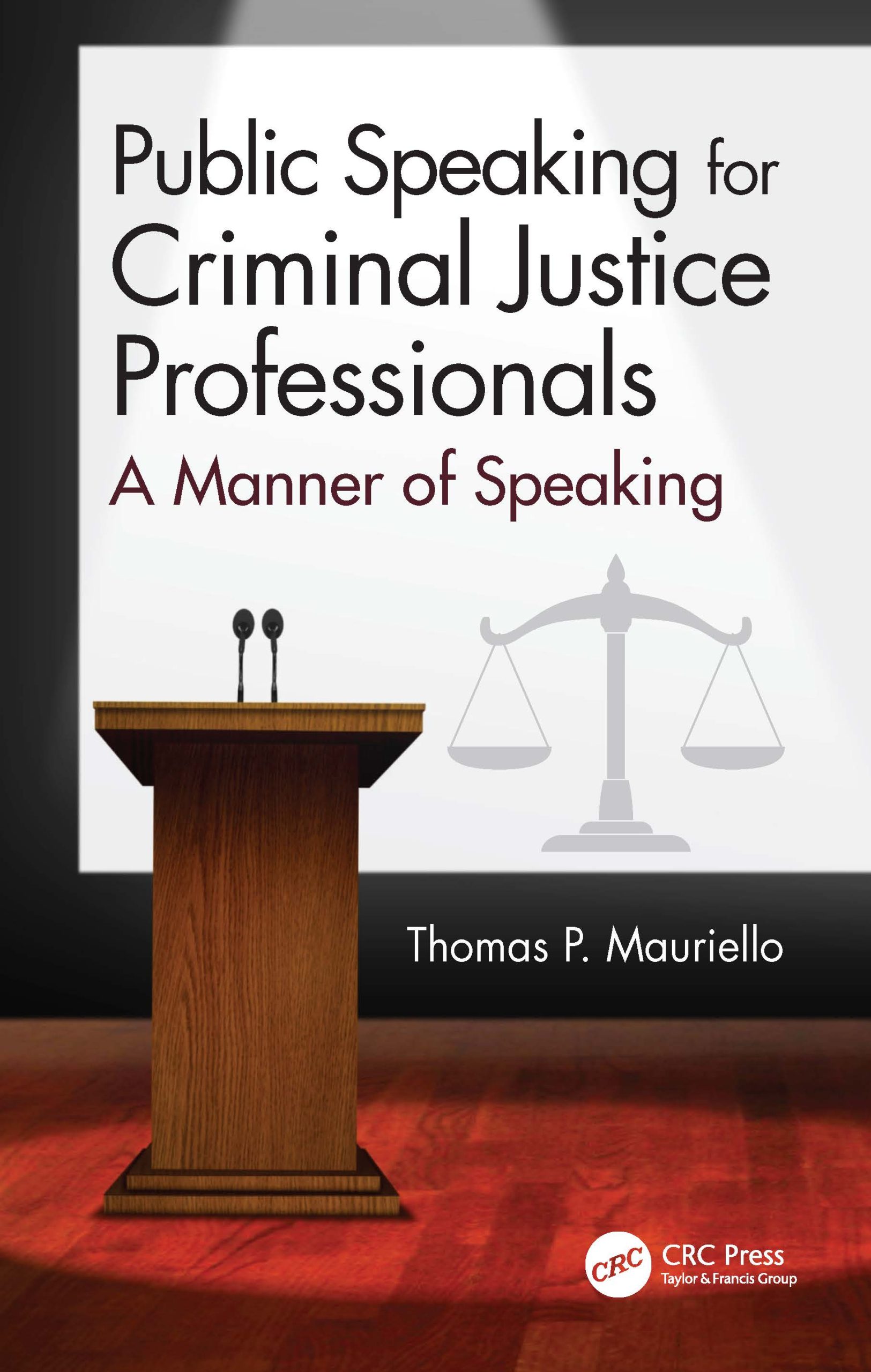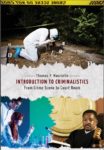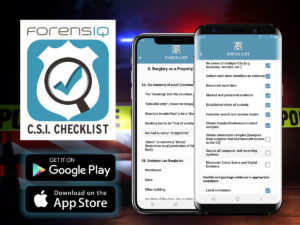Forensic Class at Boy’s Latin School of Maryland Uses Maggots For Criminal Investigation
With talented faculty alongside, students at the Boy’s Latin School of Maryland learn the core values of courage, integrity and compassion while striving for academic and personal excellence. Jim Haluck, instructor of an honors forensic course at The Boy’s Latino School of Maryland, helps students examine the scientific techniques used by criminal investigators in the laboratory to solve crimes.
A new lab entitled Sarcophaga bullata, which deals with meat and maggots in an attempt to determine if drugs were used by a deceased human body, has recently made the news in the forensic world. Instructor Haluck explained, “The boys in honors forensic sciences are loading their test tubes with drug laced ground beef and larvae of Sarcophaga bullata flies. These flies lay eggs on deceased humans and can be used to determine time of death and any drug use by the deceased individual. After about three days of feeding on the drug-laced meat, the boys will extract the maggots and grind them to prepare their body fluids for thin-layered chromatography analysis. The samples taken from maggots will be compared to reference drug Rf values for identification.”
The forensic class at the Boy’s Latin School of Maryland places the students into the shoes of forensic entomologist, helping them obtain a better understanding of the work these professional provide to the field of forensic science.
Click here to read more about the Boy’s Latin School of Maryland and the Forensic Class!
Source: The Boys’ Latin School of Maryland
[Abstract written by Noel Andres, ForensIQ Intern, 4/17/14]
New Technology Helping with Old Cases
New technology is constantly emerging with the aim of creating more effective and efficient means of analyzing, processing, and understanding evidence gathered from crime scenes. These technologies can even help with revisiting cases. The FBI is doing just that and using new technology developed by the bureau called the Next Generation Identification system to reanalyze fingerprint evidence in a cold case from 1997, and opening the door to the re-investigation of other cold cases as well.
Click here to read the article.
[Abstract Written by Walter Tates, Forens-IQ Inc. Intern. 041714]
AI (Artificial Intelligence) Assistance – In Crime Labs
Under staffing is a constantly talked about problem in law enforcement, as well as in crime labs. The Fort Worth police crime lab is subject to this problem and has resorted to artificial intelligence for assistance. The crime lab has purchased a $92,000 robot to assist them with lab tasks such as DNA analysis, speeding up the process and saving them money.
Click here to read the full article.
[Abstract Written by Walter Tates, ForensIQ Inc. Intern. 041714]
Bruising Sensor to Determine Child Abuse
A University of Louisville research team has developed a force sensing skin that can be adapted to a child surrogate to identify potential bruising locations during mock laboratory experiments of accidents and abusive events. The presence, distribution and location of bruising on a child’s body can give a roadmap to documenting a child’s exposure to impact. It’s designed to contour to all body regions of the child surrogate to provide this roadmap. This mapping could also show the magnitude of force of each impact. This type of information could be critical in a forensic analysis of a child’s injury. Child surrogates have been used to study motor vehicle crashes to predict injury risk. But these studies have not focused on potential injuries to the skin or soft tissue. The researchers at Louisville want to develop a base of these roadmaps to be associated with various simulated events and compare this to clinical studies.
Source: Science Daily
Click here for full article
[Abstract written by Alicia Terrell, ForensIQ Intern, 041714]
3D Scanning for Illinois State Police
Illinois State Police will start using a 3-D scanner that will allow better record data from crime scenes. This technology will allow juries to virtually be at the scene of a crime. It will allow investigators to be able to reconstruct and preserve evidence easier. The scanner, Leica C10, is on a tripod and uses lasers to capture a room by creating a 3-D image. Once captured these images are uploaded to software to create a 360-degree virtual tour of a crime scene. The scanner was used at a recent shooting and took about four hours to scan images from inside and outside of a crime scene. Though this takes more time the Illinois State Police think it will be worth it. This will greatly improve presentation in the court room.
Source: BND
Click here for full article
[Abstract written by Alicia Terrell, ForensIQ Intern, 041714]
Talk Forensics – Digital Evidence Series
Talk Forensics is a new digital evidence series show that is brought to viewers by DFI News Digital Forensic Investigator© and Forensic Magazine.
The topic for discussion for their debut show is “Warrants.” Join Patrice Galvin, Editorial Director of DFI News and Forensic Magazine, in Episode 1, as the show examines how warrants apply to cell phones, computers, and other types of digital evidence.
Additional topics for discussion will include the Plain View Exception Controversy, Properly Preparing a Search Warrant, and Seeking Proper Legal Authority for Warrants. Talk Forensics seeks to engage and inform viewers about topics specifically related to the field of forensics. For more information about the series or to view the series click on the link below.
Click here for the link to the Talk Forensics digital evidence series!
Source: Forensic Magazine
[Abstract written by Noel Andres, ForensIQ Intern, 4/24/14]
Innocence Project of Texas Working to Prove Innocence of Inmates
The Innocence Project of Texas is a non-profit organization in Lubbock, Texas that offers legal aid to inmates who claim to have been falsely convicted. This organization is affiliated with the law school at Texas Tech University and is comprised of law students, three lawyers, an advisory board, and an office off-campus, who all manage 10,000 files from state prisoners.
Each file contains a letter from an inmate proclaiming innocence and asking for help in proving such in courts. Law students conduct a “needle in a haystack” method, send questionnaires to inmates, and start an investigation on cases where there is some doubt in the inmate’s guilt. The project can have anywhere from 30 to 50 investigations underway at any time; however, many investigations go nowhere, as students soon discover that an inmate might be withholding important facts or that vital evidence has been lost.
The Innocence Project of Texas and other numerous organizations, which are working to prove the innocence of inmates, can be found at multiple public law schools throughout the country.
Interested in reading more? Click here to view the full article!
Source: New York Times
[Abstract written by Noel Andres, ForensIQ Intern, 4/24/14]
Skin Bacteria Identifies You
We leave more behind than just DNA and fingerprints. We each have bacteria on our hands that can be more unique to us than DNA. According to a study by Rob Knight a microbial ecologist, bacteria on your hands leave a print behind that can be identified with up to 95% certainty. The study tested whether or not skin bacteria could be easily recovered from surfaces and if that bacteria would identify the individuals who had left it behind. He suggests that this can be used alongside DNA evidence or when it is not present. But he cautions that this forensic analysis requires considerable testing and refinement before it can be regularly used in criminal investigations. But once refined this technique could make a significant difference with investigations.
Click here for full article
Click here for Knights study
Source: Business Insider
[Abstract written by Alicia Terrell, ForensIQ Intern, 041014]
New Zealand and U.S. share fingerprints
Once again the United States has made and agreement with an allied country to share fingerprint databases. The New Zealand police will allow the U.S to access their fingerprint database to combat crime and terrorism. New Zealand authorities will have to send individual requests to the US for data matching. As before with Japan, the U.S agencies that will be involved will include the FBI and the Department of Homeland Security. They will be able to compare fingerprints to see if there’s a match and be able to share further information such as addresses, convictions, known associates and aliases.
Click here for full article
Source: New Zealand Herald
[Abstract written by Alicia Terrell, ForensIQ Intern, 041014]
Pets Helping Solve Crimes with UC Davis Veterinarian Forensic Lab
The work that comes out of the Veterinarian Forensic Lab at UC Davis has changed the way crimes are investigated and prosecuted throughout the world. Accredited by the American Society of Crime Laboratory Directors, the lab has been nicknamed the “CSI of the four-legged world” and is the nation’s first laboratory dedicated to animal DNA profiling.
The staff at the VFL analyze crime scene evidence that include animal fur or hairs, feces, urine stains and tissue samples to help solve crimes that range from burglary and animal abuse to sexual assault and murder. Besides its work in the United States, the VFL has worked criminal investigations in several countries including Japan, Ireland, Canada, Australia and Argentina.
Pet owners have special bonds with their beloved companions and now thanks to the Veterinarian Forensic Lab, whether the animal is the victim, the perpetrator or simply a witness to a crime, the evidence they provide is making a difference in the way crimes are investigated and prosecuted.
Source: Santa Barbara News: Noozhawk
[Abstract written by Noel Andres, ForensIQ Student Intern, 4/10/14]
Click here to read more about the Veterinairan Forensic Lab at UC Davis!
Fox Valley Technical College Creates Body Farm for Research
There are a lot of unanswered questions as to what happens to bodies after death. In order better understand the decomposition of animals and humans in extreme cold, a two-acre body farm will be built as part of Fox Valley Technical College’s Public Safety Training Center in Grenville, WI.
The FVTC research facility, which is scheduled to open in mid-2015, might be used to conduct experiments on how subzero temperatures mummify body tissue, whether insects inside a chest cavity can tolerate freezing weather, or whether scavengers like coyotes and foxes lose interest in a frozen body. The chairman insures that the FVTC will guard the research site with a 10ft-high-fence, barbed wire, and privacy slats to prevent curiosity seekers and thieves from entering the facility and to help treat the donated cadavers with respect.
FVTC plans to work with other research institutions like the University of Wisconsin or the University of Tennessee to conduct experiments and publish the findings.
Source: Post-Crescent Media
[Abstract written by Noel Andres, ForensIQ Student Intern, 4/10/14]
Interested in reading more about this body farm? Click here for the full article!
Touch DNA – The Basics
The topic of touch DNA has become more prevalent in the field of forensics. This article walks you through all of the need to knows about touch DNA from its history, to how to handle it in the lab. Topics of this article include how touch DNA is left at a crime scene, how to process a crime scene being mindful of touch DNA, ways to prevent contamination of touch DNA evidence, and even a heads up on problems that may arise when dealing with touch DNA.
Click here to read the article.
[Abstract by Walter Tates, ForensIQ Inc. Intern, 041014]
Cold Case Safety Net Course: Missing & Unidentified Persons
B.J. Spamer, Program Manager in the Forensic Services Unit at the University of North Texas Center for Human Identification, will present a 60-minute training course for all agencies that handle long-tern missing and unidentified person cases.
This self-paced on demand course will:
- 1. Provide an efficient and effective four-step process to initially address all missing and unidentified cold cases
- 2. Ensure that investigators receive maximum benefits of database searching and outside resources with a minimal initial effort
Once an initial cold case safety net response is complete, traditional cold case selection factors can be applied to prioritize cases for further investigative response. This course is sponsored by the National Institute of Justice and RTI International and is free and open to all.
Click here to learn more and register for this free course!
Source: RTI International
[Abstract written by Noel Andres, ForensIQ Student Intern, 4/3/14]
Free Course on Developing a Missing Persons Protocol
B.J. Spamer and George Adams will deliver a 60-minute presentation designed to provide law enforcement agencies with the information needed to develop protocols that will ensure consistent and effective investigations of missing person cases. The material covered in this online training course is applicable to all law enforcement agencies and will cover resources that will assist agencies to better respond to, and investigate, missing person cases. Although this course is intended for law enforcement, medical examiners, and corners, it is free and open to all audiences.
Source: RTI International
[Abstract written by Noel Andres, ForensIQ Student Intern, 4/3/14]
Body Farm
Fox Valley Technical College in Wisconsin will be creating a body farm for research and training. A body farm is an outdoor research facility where forensic scientists have animal carcasses and human cadavers in different settings where they can study decomposition. This farm will help in determining time and circumstances of death that can be used in investigation. There are body farms in Colorado, North Carolina, Pennsylvania, Tennessee and Texas. What is unique about this body farm is that researchers will be able to study decomposition in extreme cold. For those who are thinking about donating their bodies to science here’s a way to make a difference in the forensic community.
Click here for full article
Source: USA Today
[Abstract written by Alicia Terrell, ForensIQ Intern, 040314]






